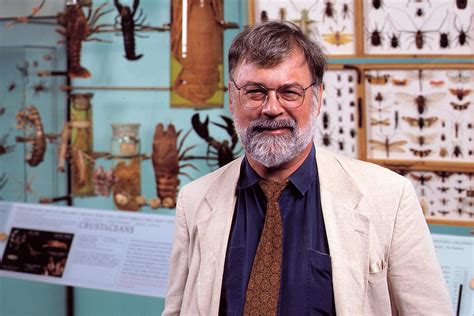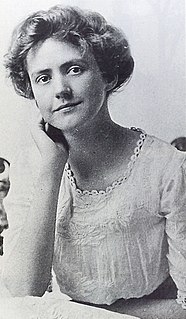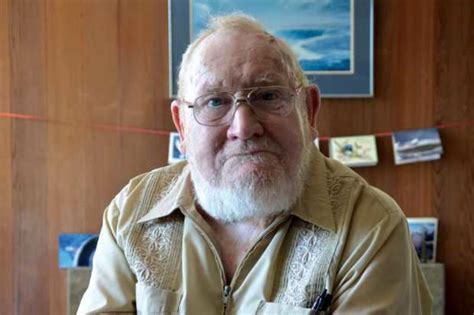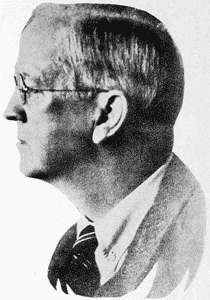A Quote by Will Cuppy
As Darwin puts it in The Descent of Man, 'Male snakes, though appearing so sluggish, are amorous.' Isn't that just like Darwin? It was one of his main ideas, you know, that the males of almost all animals have stronger passions than the females. Since then we've learned a thing or two. At any rate, the female snake is right there when spring arrives in the woods.
Related Quotes
For more than a century, people have often thought that the conclusion to draw from Darwin's vision is that Homo sapiens, our species - and we're just animals too, we're just mammals - that there is nothing morally special about us. I myself don't think this follows at all from Darwin's vision, but it is certainly the received view in many quarters.
The Church demonstrated the falsity and folly of Darwin's theories by showing that they contradicted the Mosaic account of creation, and now that the theories of Darwin having been fairly established, the Church says that the Mosaic account is true because it is in harmony with Darwin. Now, if it should turn out that Darwin was mistaken, what then?
In ancient times, people weren't just male or female, but one of three types: male/male, male/female, female/female. In other words, each person was made out of the components of two people. Everyone was happy with this arrangement and never really gave it much a thought. But then God took a knife and cut everybody in half, right down the middle. So after that the world was divided just into male and female, the upshot being that people spend their time running around trying to locate their missing other half.
A Chinese paleontologist lectures around the world saying that recent fossil finds in his country are inconsistent with the Darwinian theory of evolution. His reason: The major animal groups appear abruptly in the rocks over a relatively short time, rather than evolving gradually from a common ancestor as Darwin's theory predicts. When this conclusion upsets American scientists, he wryly comments: "In China we can criticize Darwin but not the government. In America you can criticize the government but not Darwin."
An atheist before Darwin could have said, following Hume: I have no explanation for complex biological design. All I know is that God isn't a good explanation, so we must wait and hope that somebody comes up with a better one. I can't help feeling that such a position, though logically sound, would have left one feeling pretty unsatisfied, and that although atheism might have been logically tenable before Darwin, Darwin made it possible to be an intellectually fulfilled atheist.
Paleontologists ever since Darwin have been searching (largely in vain) for the sequences of insensibly graded series of fossils that would stand as examples of the sort of wholesale transformation of species that Darwin envisioned as the natural product of the evolutionary process. Few saw any reason to demur - though it is a startling fact that ...most species remain recognizably themselves, virtually unchanged throughout their occurrence in geological sediments of various ages.
Much of the geographical work of the past hundred years... has either explicitly or implicitly taken its inspiration from biology, and in particular Darwin. Many of the original Darwinians, such as Hooker, Wallace, Huxley, Bates, and Darwin himself, were actively concerned with geographical exploration, and it was largely facts of geographical distribution in a spatial setting which provided Darwin with the germ of his theory.
Every person is different and unique. I am a female. I'm Indian. I'm 4'11". People should never be defined by what they look like and sort of these demographical parts about them, but the most important thing is the work you do, so females are just as capable as doing that as males, and the same thing with any other person out there.





































